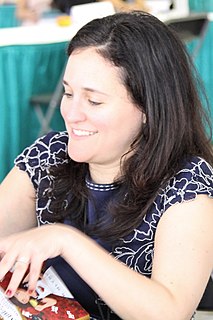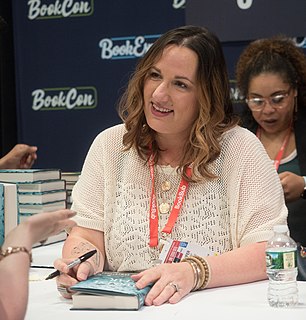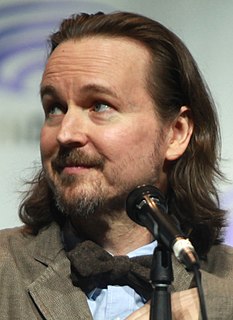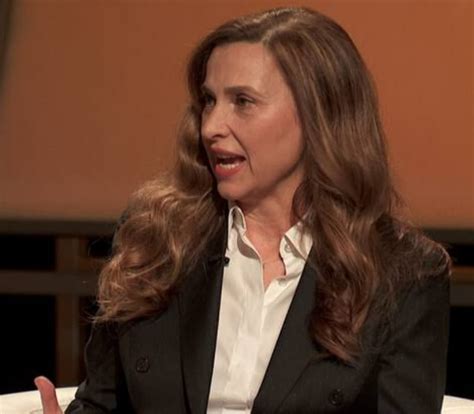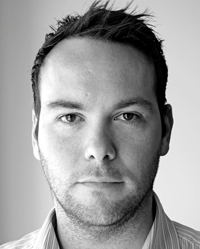A Quote by Beverly Cleary
The key to writing successful YA is to keep the adults out of the story as much as possible.
Related Quotes
On the craft level, writing for children is not so different from writing for adults. You still have to have a story that moves forward. You still have to have the tools of the trade down. The difference arises in the knowledge of who you're writing for. This isn't necessary true of writing for adults.
Writing for adults and writing for young people is really not that different. As a reporter, I have always tried to write as clearly and simply as possible. I like clean, unadorned writing. So writing for a younger audience was largely an exercise in making my prose even more clear and direct, and in avoiding complicated digressions.
When I was a kid, my parents smartly raised us to keep quiet, be respectful to older people, and generally not question adults all that much. I think that's because they were assuming that 99 percent of the time, we'd be interacting with worthy, smart adults... They didn't ever tell me 'Sometimes you will meet idiots who are technically adults and authority figures. You don't have to do what they say.
You learn so much with each book, but it's what you teach yourself by writing your own books and by reading good books written by other people - that's the key. You don't want to worry too much about other people's responses to your work, not during the writing and not after. You just need to read and write, and keep going.
I think the main thing that we can do as adults helping young people to find the joy in reading, whether we're parents or caregivers or educators, is to come at that subliminally as much as possible and not to make it an issue. The key is to know the individual child and get them materials to read that's going to speak to them best.
One of the things that defines YA is a really strong narrative. Adults love YA because, at the end of the day, they're good stories and page-turners. The other element is emotion. The teen years are a very emotional and intense time, and I think it's a time we that we can all relate to and remember.


